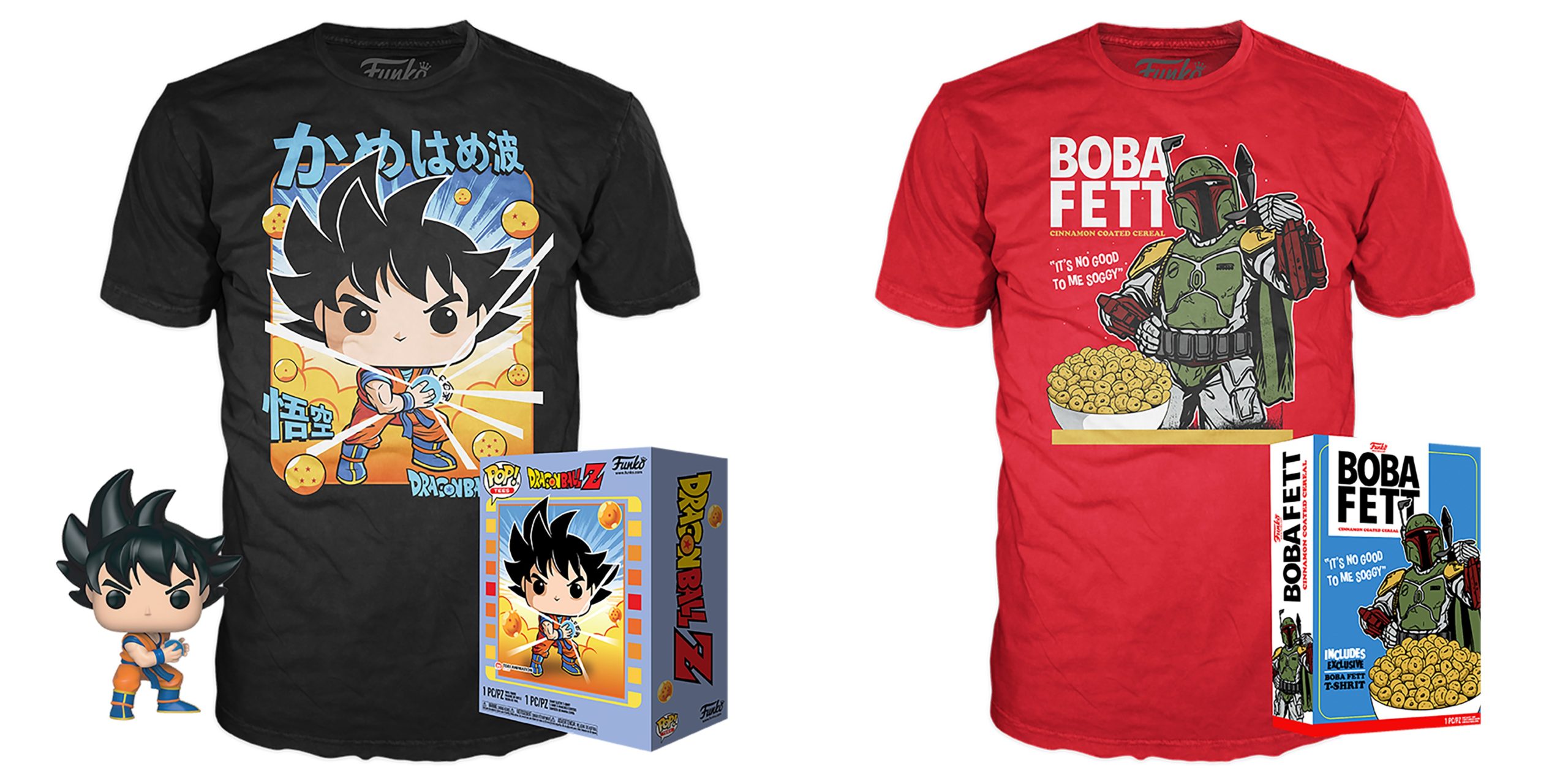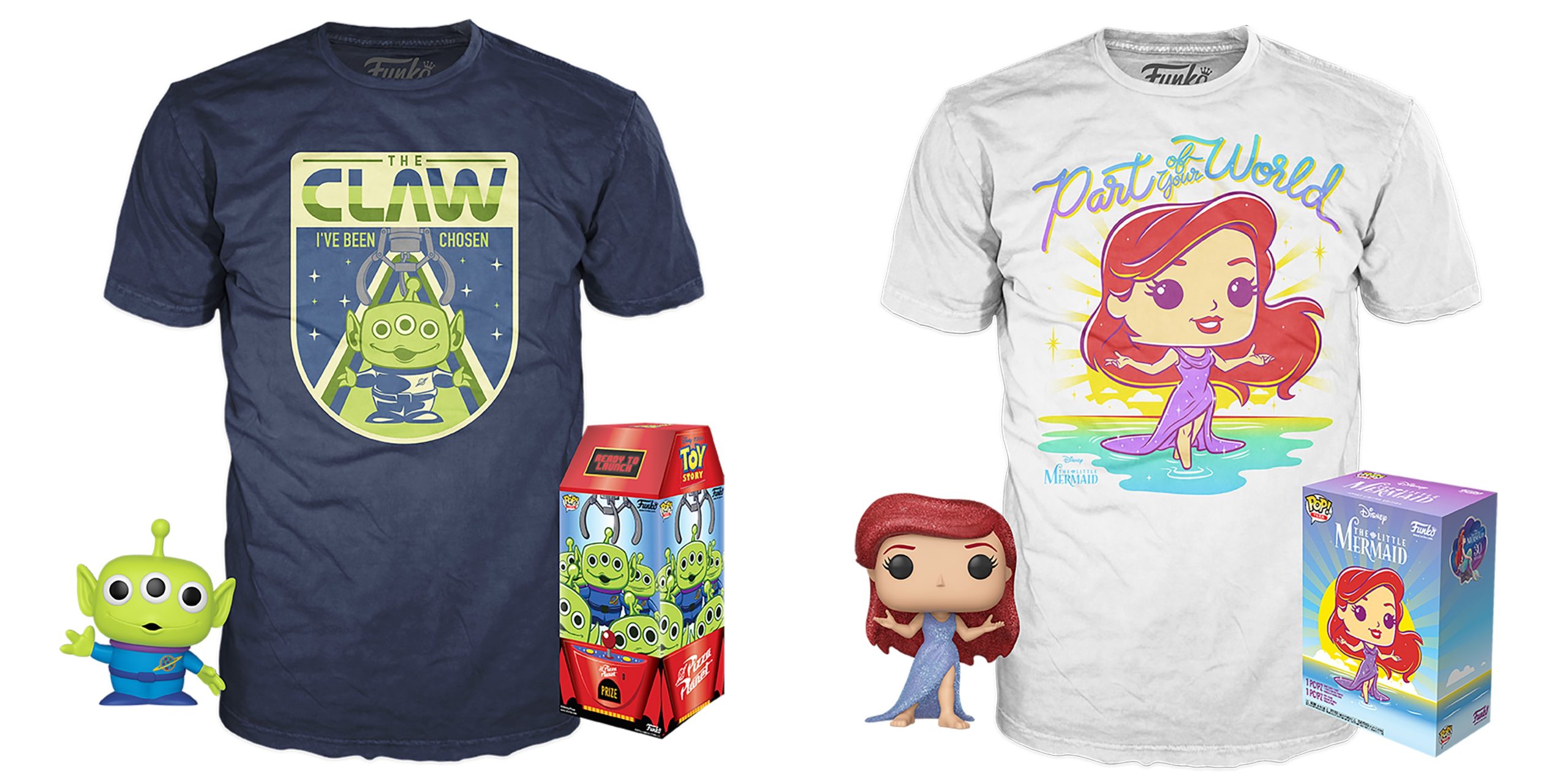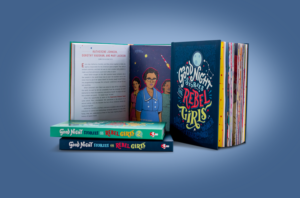Having made a name for itself amid the Escape Room explosion of the past half a decade or so, Theseus, and moreover its live experiential division, Step Inside Productions is about to embark on a project that makes use of one of the newest formats within experiential licensing at the moment.
Nine years into its business venture of developing the Escape Hunt franchise, Theseus recently unveiled its plans to develop a touring CBeebies-themed interactive pop-up experience for children and parents; a concept that will feature some of the channel’s most popular IP, including Hey Duggee, Something Special, and Sarah & Duck.
Called CBeebies Rainbow Adventure, the concept – one that is already scheduled for regional locations across the UK for the first six months of 2021, but has plans in place that cover at least the next five years – is what the team of IP experts at Theseus has billed as somewhat of a boundary-pushing strand of content consumption for modern audiences.
Just as this is team of experts who have built careers on pioneering in emerging content platforms, including the first VOD deal struck for Warner Bros back in 2003, or the establishment of BT Television and subsequent launch of BT Sport, Theseus and Step Inside Productions is a meeting of talents from across the space, with the aim of innovating in the relatively nascent experiential market.
Licensing.biz takes the chance to catch up with Victoria Molony, director of business affairs at Step Inside Productions to talk about the future of experiential licensing, and how its CBeebies partnership is setting a new precedent in the market.
Hi Victoria, thanks for taking the time to talk with us. Let’s start then, by exploring what Theseus and the Step Inside Productions division is…
Theseus was set up back in 2011 by Dan Marks. We have worked together over the years, originally when I was at Warner Bros, then at Universal, then we worked together at BT for a long time, and we have consulted on a variety of different IP brands since then.
Theseus came out of the last bit of work we were doing which was in the Escape Room world for a business called Escape Hunt. From setting up BT Vision and the launch of BT Sport, we have been at the forefront of new ways of exploiting content over the years, looking at and helping IP owners with the latest new route to market.
Dan was part of the team that devised The Wizarding World as the way in which to link Harry Potter with Fantastic Beasts from JK Rowling. I was on the legal side, and we were working for a business called Blair Partnership who owned Pottermore.
Through our work with Escape Hunt, we brokered a deal with BBC Studios for Doctor Who, and that kickstarted an ongoing conversation with the team there.
Aha, and from there, it wasn’t long until Step Inside Productions was born, and you looked at tapping into the rise of the live experience market?
Yes, we felt that the market place is moving and brands are looking for more innovative ways of reaching the consumer. There’s a push back against simply consuming content digitally with brand owners looking to find a more physical connection with their consumers; coupled with the fact that we have reached peak ‘stuff’, and people are looking to spend their disposable income more on experiences rather than on more things.
You also have this situation on the high street where people are rarely going into shops, and the retail landlords are really looking for ways to drive footfall into their shopping centres; you have town council improvement schemes looking for ways to bring people into town.
It takes that holy trinity of things – the wish for physical expression, the wish for people to spend money on things they are connecting with, and the wish for town centres and shopping centres to drive footfall – through which you have this fantastic opportunity to create experiential concepts that draws all of those things together.

So what does your portfolio look like now?
At the moment, we are very focused on the CBeebies partnership, which will be touring the UK for the next six months certainly, and we have the 2021 schedule complete. We plan on having that on the road for up to the next five years.
We have been really pleased with the interest and demand that some of the regional venues have driven. I think people in the smallest towns and cities around the country aren’t used to getting really high quality entertainment like this. It usually all goes to Manchester or Birmingham, but not so much Hull or Ipswich.
We have other clients in the advisory stage, who are just at the beginnings of their foray into the experiential, and a number at the start of their concept. What we would really like to do is use this as an entertainment format in the same way that TV shows are created, then you use them as vehicles to present content.
Oh, that’s an interesting concept… could you expand on this idea?
Well, we will be looking to find other IP owners as partners to take a similar sort of touring concept on. We believe that live experiences have become a new strand of content consumption for audiences.
We took our cues from the theme parks who do experiential extremely well, such as Disney, Universal, and Merlin. But we wanted to do something that was much more attainable for the majority of brand owners; something that wouldn’t drive all of their budget as a theme park would, but something that ticks that hour or two activity box for families. So, it’s a morning activity, it’s not a day out. It’s something more attune to going to the theatre or an exhibition.
Meanwhile, if you look at the Escape Room concept, you have six or eight people maximum in a group, and most of those sites only have six escape rooms, so you have somewhere between 50 and 70 people per hour attending an escape room. We wanted to do something that is more in the 150 to 200 people an hour, which enables you to be driving revenue to allow yourselves to create something that is a bit more of an in-depth immersive experience.
In the context of CBeebies, it’s such an iconic brand that at its heart has educational entertainment enjoyed by children and parents, and has so much to offer the experiential. Coupled with the fact that you have a consumer market place that is available seven days a week, all year round – we leapt at the chance to work with them.
We wanted, and the BBC wanted, something that would showcase the CBeebies channel, as well as the programming on the channel; so we see the experience we have created as the manifestation of the CBeebies channel, with five different brand experiences within it. We came up with the idea of creating a touring showroom, and the BBC loved it because it fits so well with their public service commitment.
The more ways that you can really connect people with your brand, the stronger the link is, and there is no better way to form a connection with anything than to do it face to face and in person.
How have you seen the experiential market evolve or how is it currently evolving and what changes are being brought about?
The experiential market itself is in a very nascent state really. Theme parks have been around a long time; while the escape room sector has gone from nothing to an enormous number of players across the world in a relatively short period of time. It is probably close to reaching – it maybe too strong to say saturation – but probably looking at some consolidation around the big players refining their offering.
I do think the market place for revenue generating experiential activity is relatively nascent. It’s been popular from a marketing activation standpoint for brands, but not so much as a means of generating revenue. We like to see ourselves as being at the forefront of leading some of the content creation around that, in that middle market of course.
What does the future hold for the experiential market, and its ongoing relationship with licensing in that case?
This is something that all of the major IP owners are looking at. Anecdotally, experience sits within the consumer products arm with many of the Hollywood studios, and they are looking at rebranding and recreating those divisions to really drive experiential, alongside their historic merchandise operations.
I think there will be a trend to consolidate with people pulling together the new formats that we are looking at in the way that escape rooms came out of nowhere. There will be new formats that come in all of the time, and we see our touring model as being one of those.















